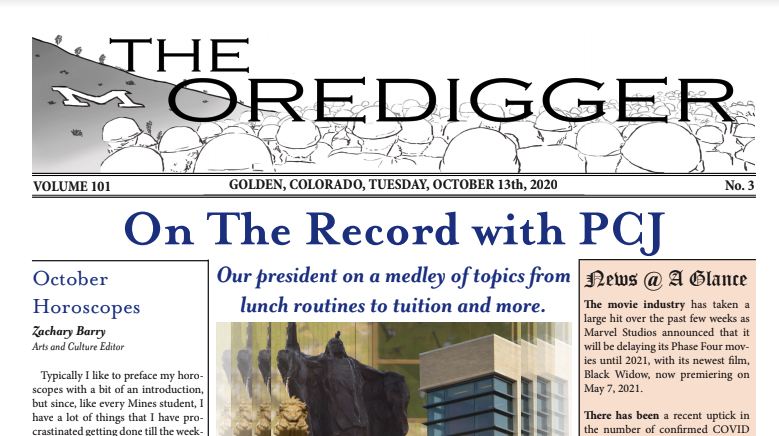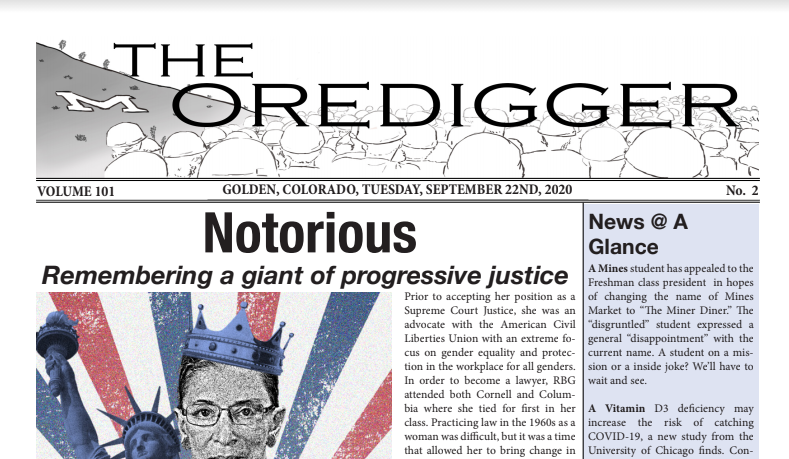In October 1903, the editor of “The Colorado Transcript,” General George West, fell ill with pneumonia. “The Rocky Mountain Herald” reported “grave fears [were] entertained for his recovery.” At the time, West was nearly seventy-seven and having been a newspaperman in Colorado for forty-four years was the longest tenured editor in the state. West, described as the “nestor of the profession in this state” by “The Herald”, recovered and lived until 1906. The same week, “The Colorado Transcript” celebrated the beginning of its thirty-eighth volume and incorporated itself as a private company.
On account of West’s illness, the commissioners’ meeting for the Soldiers’ and Sailors’ Home was moved from its usual location in Monte Vista, Colorado to Golden. “The board consists of three veterans of the civil war appointed by the governor, together with the department commander of the Grand Army of the Republic, Department of Colorado and Wyoming, as ex-officio member,” reported “The Colorado Transcript.” Board members all served in the Civil War in the infantry, artillery, and cavalry regiments, ranking as high as captain. Interestingly, the non-Golden members chose not to attend the relocated meetings, designating Samuel West to represent their interests.
Denver Health Commissioner Dr. A. A. Clough disagreed with the State Board of Health on regulations for the prevention of tuberculosis. He contended that statistics did not support the number of cases reported by the state board. “Twenty percent, the proportion named, is entirely too large an estimate for native cases, claims Dr. Clough,” said “The Colorado Transcript.” Clough also contested statements about the spread of the disease. One city health official said, “If our records prove anything in this connection it is that there has been little increase during the last ten years in the number of cases contracted in Colorado.”



'This Week in Colorado History: Editors' has no comments
Be the first to comment this post!